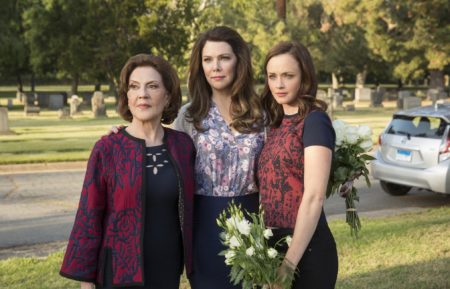It’s Time for ‘Game of Thrones’ Fans to Stop Vilifying Sansa Stark

Opinion
In a sea of Game of Thrones characters that spark strong emotion in one direction or another, Sansa Stark (Sophie Turner) is something of an outlier — she’s not near-universally loved on the level of Jon Snow (Kit Harington) or Jaime Lannister (Nikolaj Coster-Waldau), but she’s not hated as deeply as Joffrey Baratheon (Jack Gleeson) or Ramsay Bolton (Iwan Rheon).
Some adore her, some dislike her, and many appear to hate her with a fiery passion that would rival Cersei’s (Lena Headey) glowing green barrels of Wildfire. It often seems online discussion of Sansa seems to trend toward the negative and has trended that way for some time. Some points about her character are valid, while others are perhaps a little misguided.
Here’s why we think Game of Thrones fans should give Sansa a chance.
Too young to know better
Yes, Sansa’s obsession with Joffrey in the show’s early days was irksome. But — and this is a big ‘but’ — she was incredibly young, incredibly naïve and, due to her comfortable and loving upbringing, she was incredibly trusting of anyone and everyone.
Unwitting naiveté
The problem with growing up in Ned Stark’s honorable, relatively harmonious family meant it sheltered Sansa to the true evil of people like Joffrey and Cersei. In both of those cases, it would’ve been difficult for her to know their true nature until it was too late for her to go back on her choices. Given her age, her desire to be a princess wasn’t uncommon, nor was her ultimately ill-fated crush.
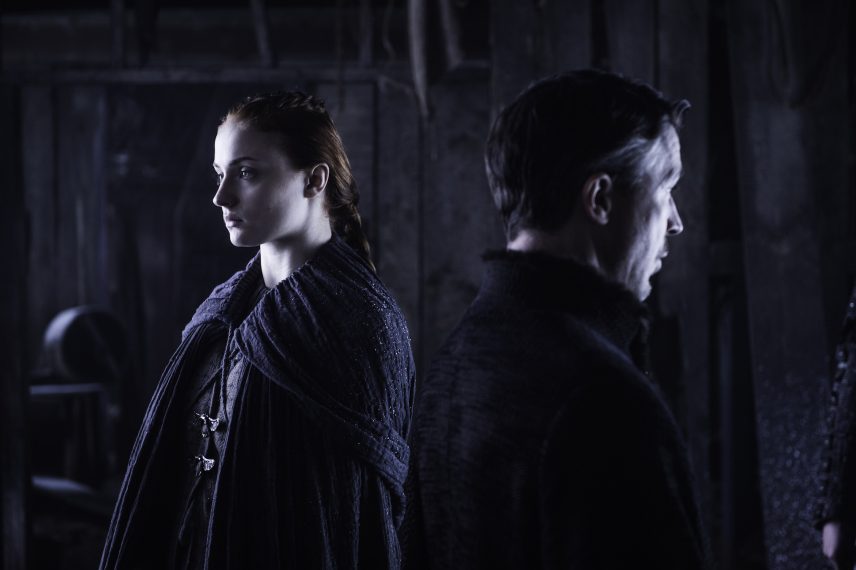
Placing her trust in Littlefinger also might not have been the smartest choice — after all, the man was well-known to be a self-serving liar — but at a certain point, she had no choice but to put her fate in his hands. After Joffrey’s death there was no future for her at King’s Landing that didn’t involve her execution, and Littlefinger, who had cared about her mother and seemed to care about her, would’ve appeared to be a halfway decent option (better than death, anyway).
Littlefinger was one of the only people willing to help her escape and get to safety… even though “safety” was ultimately a horrific marriage to the sadistic Ramsay Bolton. Whether or not Sansa should’ve realized Littlefinger would betray her is debatable, but given her age and her tendency to try to believe the best of people, it seems logical that she wouldn’t have reached that conclusion until it was too late.
A victim of uneven writing
Sometimes Sansa’s bad choices aren’t necessarily the character’s fault. Instead, uneven writing placed her in awkward situations and shoved her into plot holes that could only be explained through either criticizing her or vilifying her.
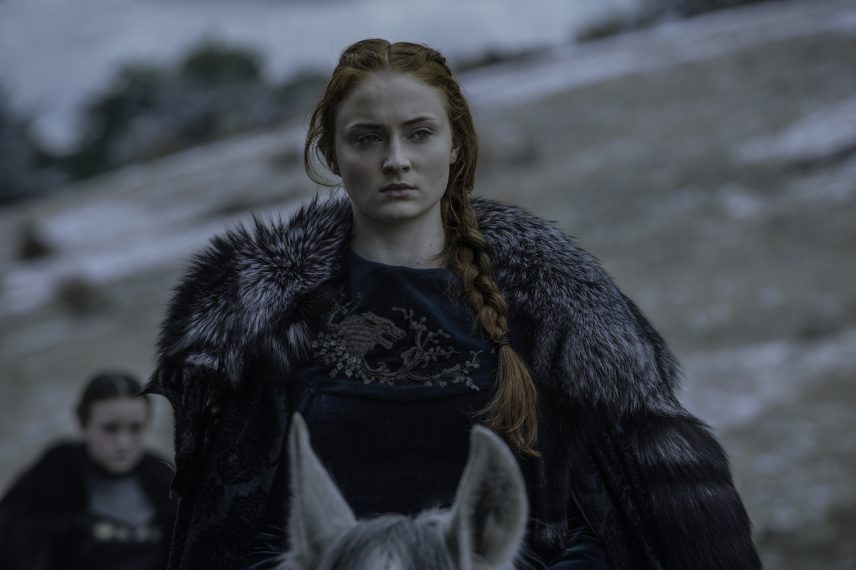
The most prominent example of this might be her not telling Jon about the Knights of the Vale before the Battle of the Bastards. There isn’t really a good way to explain why she didn’t, if she knew Littlefinger was going to help; certainly she wouldn’t have let her brothers die in a likely losing battle, especially when she held the key to victory? But that’s the way it looks, given the way that scene was written — that she either didn’t know Littlefinger was going to assist them, or she chose, for whatever odd reason, to keep that information from Jon.
Is this Sansa’s fault, or does that fault lie with the writers? Maybe a bit of both. But a better-written scene, or an additional post-battle scene, might have clarified Sansa’s knowledge and motives so fans wouldn’t have been tempted to question her intelligence or loyalty to her family, and thus there would have been some closure as to the question of Littlefinger’s presence and the army’s arrival.
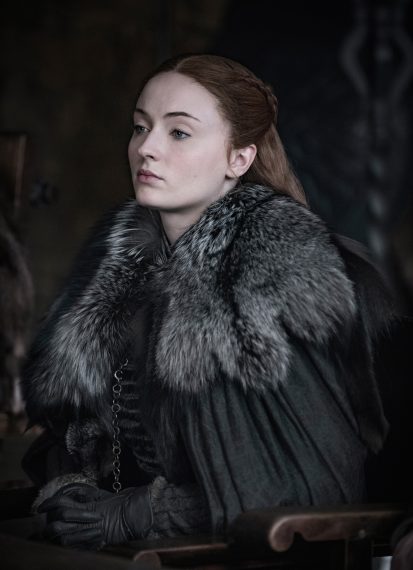
Adjusting to power
Sansa also hit a few speedbumps when she started gaining power in Winterfell, questioning Jon’s decisions and pondering Arya’s loyalty. Though some fans were bothered by her demeanor, her toughness and her questioning of her siblings, even those aspects of her character make sense when one factors in her past and the traumas she faced.
Sansa’s advocacy for ruthlessness and punishing the families that betrayed House Stark likely has roots in her hatred for House Bolton and what Ramsay did to her, as well as her desire to ensure all of the houses learned from the mistakes of the others who were pledged to House Stark but didn’t heed the call. Jon’s call for mercy was probably the right one, but Sansa was justified in her thinking.
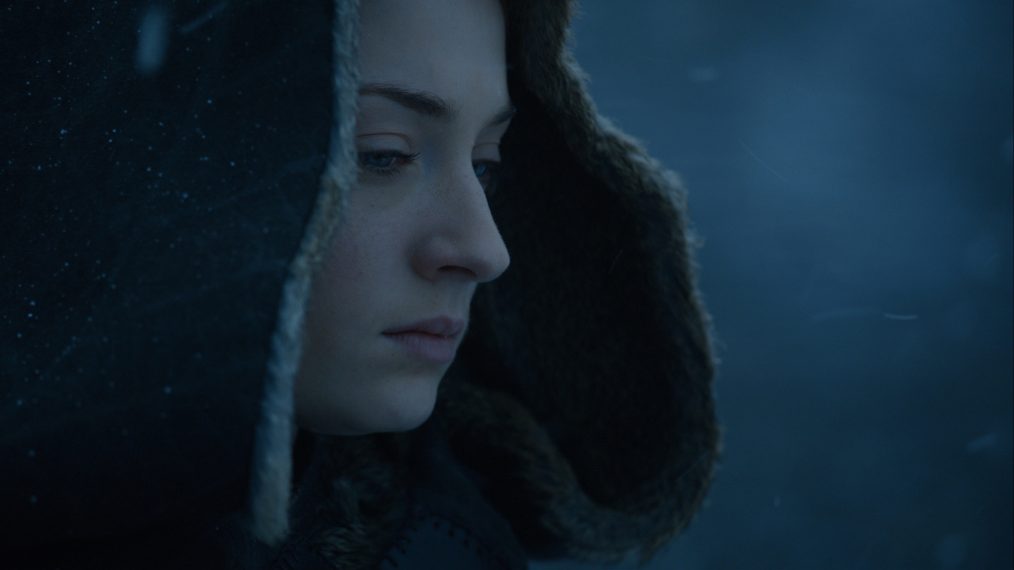
Learning from her past
“I’m a slow learner, it’s true,” Sansa admits, “but I learn.” Both parts of the statement are true, and neither is reason for Sansa to be despised. Yes, it took her a while to learn how to “play the game” so to speak, but fans can hardly expect every character to be a tough, manipulative mastermind.
As others have pointed out (and even Sophie Turner has noted), one of the things that makes Sansa unique on Thrones is that her journey has not featured the same story beats as many of the show’s other female characters. Sansa has not learned to be an assassin, wielded a sword against skilled enemies, conquered cities or blown up Septs.
She is not a warrior, nor did she have an inherent knowledge of the game — but an argument can be made that these things make her interesting, rather than boring. Sansa’s normalcy makes her unique, and her power — though perhaps not outwardly represented with a sword or battle scars — is every bit as formidable as that of the other strong women on Thrones.
Game of Thrones, Final Season Premiere, Sunday, April 14, 9/8c, HBO
From TV Guide Magazine
How Hulu's 'Mid-Century Modern' Is a 'Golden Girls' for Our Times
Settle in for some older and bolder laughs with the BFFs of a certain age in the new comedy starring Nathan Lane, Matt Bomer, and Nathan Lee Graham. Read the story now on TV Insider.











